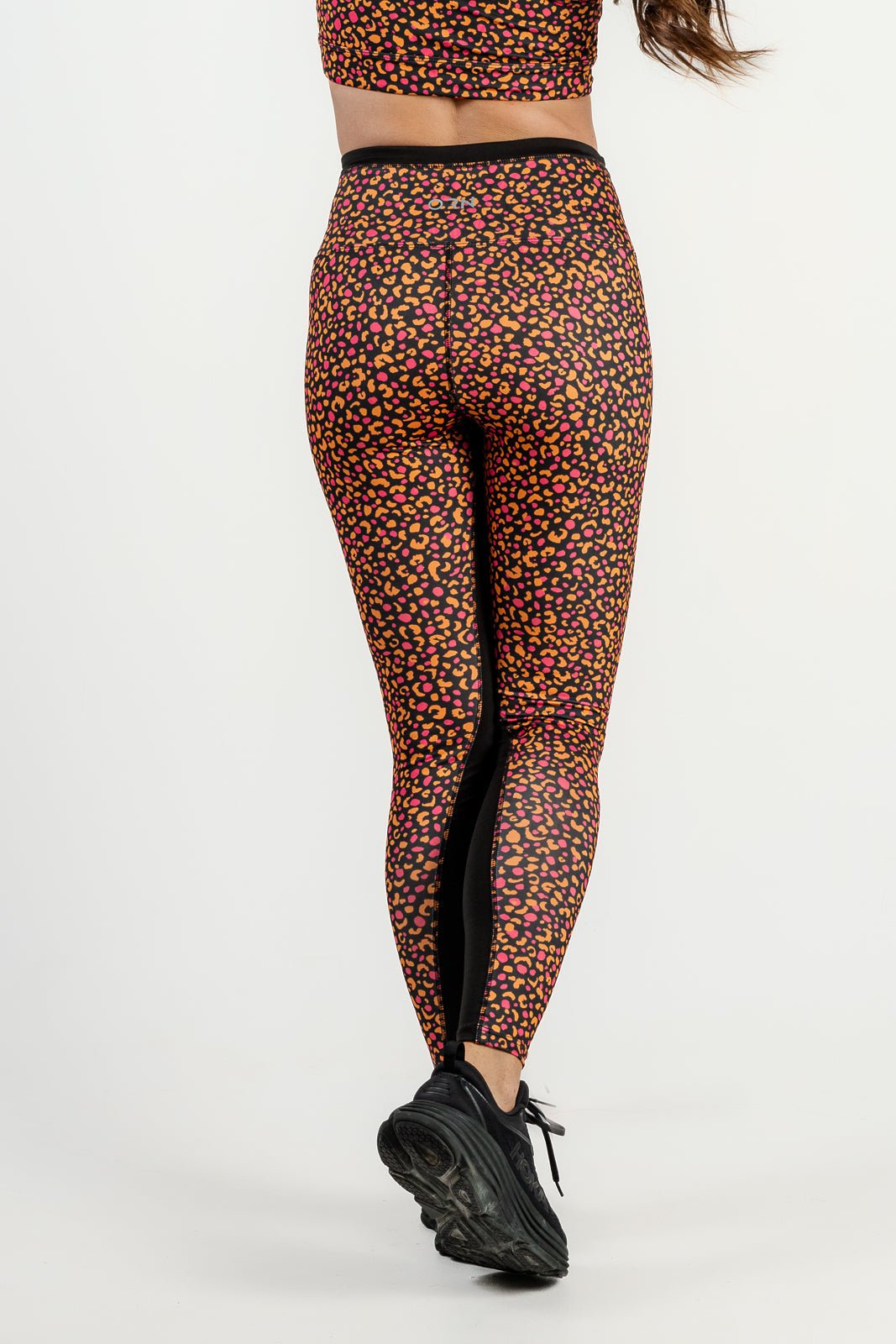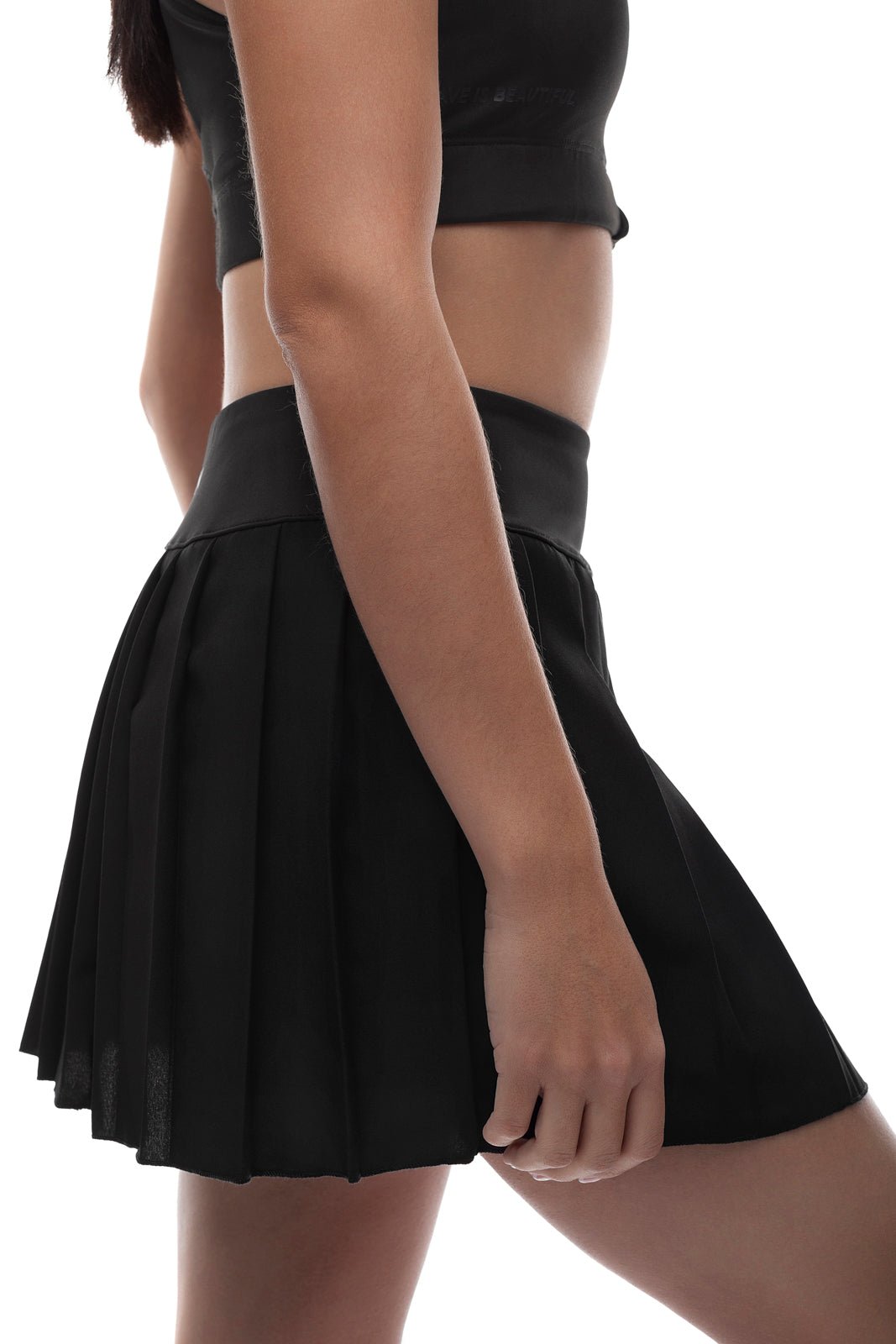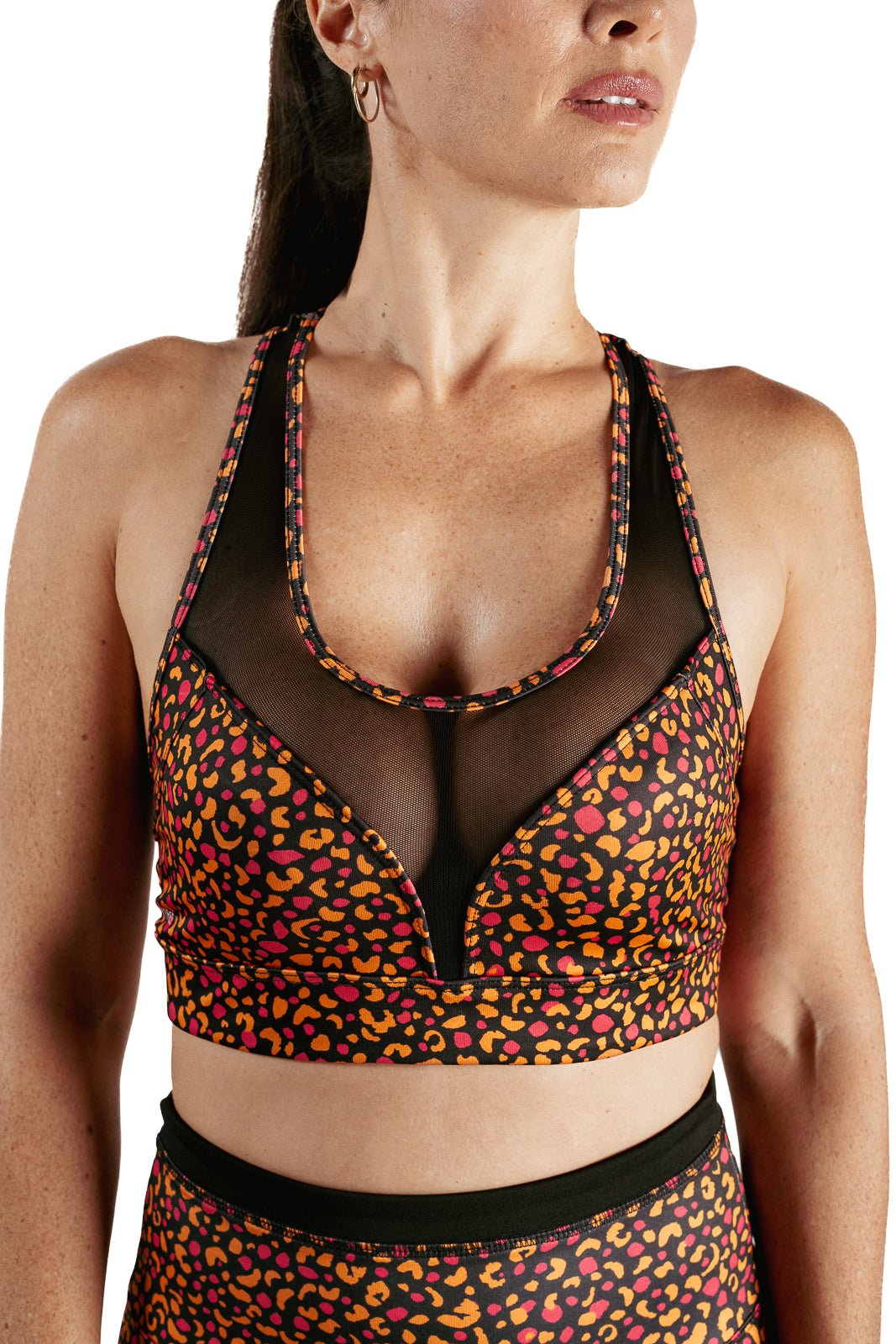Should Women Take Creatine?
NOTE: It's crucial to consult with a healthcare professional before starting any supplements, especially if you have any pre-existing health conditions.
Creatine has long been a staple supplement in the world of fitness and bodybuilding, often associated with male athletes striving for muscle gain and enhanced performance. However, recent research has shed light on the significant benefits creatine can offer women across various aspects of health and fitness. In this comprehensive guide, we'll explore the myths, benefits, and scientific evidence supporting creatine supplementation for women.
Understanding Creatine
Before diving into the specifics, it's essential to understand what creatine is and how it works in the body. Creatine is a naturally occurring compound found in small amounts in certain foods, particularly red meat and seafood. It's also produced by the body in the liver, kidneys, and pancreas. Creatine plays a crucial role in energy production within our cells, particularly during high-intensity, short-duration activities. It helps to regenerate adenosine triphosphate (ATP), the primary energy currency of cells, allowing for sustained power output during activities like weightlifting, sprinting, or high-intensity interval training.
Debunking Common Creatine Myths
Let's address some of the most prevalent myths surrounding creatine supplementation, especially as they pertain to women.
Myth 1: Creatine is Only for Men
Reality: This is perhaps the most pervasive myth and couldn't be further from the truth. Women can benefit just as much, if not more, from creatine supplementation. In fact, research has shown that women naturally have 70-80% lower creatine stores than men, making supplementation potentially more impactful for female athletes and fitness enthusiasts. A study published in the Journal of Strength and Conditioning Research found that women experienced similar relative gains in strength and lean body mass as men when supplementing with creatine alongside resistance training .
Myth 2: Creatine Causes Weight Gain and Bloating
Reality: While it's true that some individuals may experience initial water retention when starting creatine supplementation, it's important to note that this is not fat gain. The water retention is intracellular (within the muscle cells) and contributes to improved hydration and potentially enhanced performance. A study in the Journal of the International Society of Sports Nutrition found that long-term creatine supplementation did not lead to significant changes in total body water or extracellular water in female athletes . Moreover, newer forms of creatine, such as creatine hydrochloride (HCl), may cause less water retention than traditional creatine monohydrate.
Myth 3: Creatine Damages Kidneys and Liver
Reality: This myth likely stems from the misconception that creatine is a steroid or that it puts undue stress on the kidneys. However, numerous studies have found no link between long-term creatine supplementation and kidney or liver damage in healthy individuals. A comprehensive review published in the Journal of the International Society of Sports Nutrition concluded that creatine supplementation does not adversely affect renal function in healthy individuals when taken at recommended doses .
Myth 4: Creatine Causes Hair Loss
Reality: The concern about hair loss likely originates from a single study that suggested creatine might increase dihydrotestosterone (DHT) levels, which has been linked to male pattern baldness. However, this study did not directly measure hair loss, and subsequent research has not supported this claim. A systematic review published in Nutrients in 2021 found no evidence to support the notion that creatine supplementation causes hair loss in either men or women .
Benefits of Creatine for Women
Now that we've addressed the myths, let's explore the numerous benefits creatine supplementation can offer women.
1. Improved Athletic Performance
Creatine is well-known for its ability to enhance short-duration, high-intensity exercise performance. For women, this can translate to:
- Increased power output during weightlifting or sprinting
- Improved recovery between sets, allowing for more volume in training
- Enhanced performance in high-intensity interval training (HIIT)
A meta-analysis published in the Journal of Strength and Conditioning Research found that women experienced even greater relative improvements in exercise performance compared to men when supplementing with creatine, with increases of up to 15% in some measures .
2. Increased Muscle Strength and Mass
When combined with resistance training, creatine supplementation can lead to greater increases in muscular strength and lean body mass. This is particularly beneficial for women looking to improve their body composition or increase their overall strength. A study in Medicine & Science in Sports & Exercise demonstrated that women who supplemented with creatine during a 10-week resistance training program gained significantly more lean body mass and strength compared to those who didn't supplement .
3. Enhanced Cognitive Function
The benefits of creatine extend beyond physical performance. Research indicates that creatine supplementation can have positive effects on cognitive function, particularly in situations of sleep deprivation or mental fatigue. A study published in the British Journal of Nutrition found that creatine supplementation improved cognitive performance and reduced mental fatigue in young adult women . This could be particularly beneficial for women juggling demanding careers, family responsibilities, and fitness goals.
4. Bone Health Support
As women age, maintaining bone density becomes increasingly important. Creatine supplementation, especially when combined with resistance training, may have favorable effects on bone health. A study in Medicine & Science in Sports & Exercise found that postmenopausal women who supplemented with creatine while engaging in resistance training experienced greater improvements in bone mineral density compared to those who only performed resistance training .
5. Hormonal Support
Creatine may be particularly beneficial during various stages of a woman's life, including:
- Menstrual cycle: Creatine may help mitigate the decline in exercise performance some women experience during certain phases of their menstrual cycle.
- Pregnancy and postpartum: While more research is needed, some studies suggest that creatine supplementation during pregnancy may have neuroprotective effects for the fetus and could support postpartum recovery.
- Menopause: Creatine may help counteract some of the muscle and bone loss associated with menopause when combined with resistance training.
A review published in Nutrients highlighted the potential benefits of creatine supplementation across various stages of a woman's lifespan, from adolescence through post-menopause .
Dosage and Considerations
Most women can benefit from a daily dose of 3-5 grams of creatine monohydrate. This can be taken at any time of day, with or without food. Some women may choose to do a "loading phase" of 20 grams per day for 5-7 days to saturate muscle stores more quickly, followed by a maintenance dose of 3-5 grams daily. For bone health benefits, some research has used higher doses of 8-10 grams daily, but this should be discussed with a healthcare provider. It's important to note that creatine is one of the most extensively studied supplements on the market, with a strong safety profile. Very few side effects have been reported, and it's widely recognized as safe by numerous sports and health organizations.
Conclusion
The evidence strongly suggests that creatine supplementation can be highly beneficial for women, supporting not only athletic performance but also cognitive function, bone health, and overall well-being. By dispelling common myths and understanding the science-backed benefits, women can make informed decisions about incorporating creatine into their wellness routines. Remember, while creatine is generally safe and well-tolerated, it's always wise to consult with a healthcare professional before starting any new supplement regimen, especially if you have pre-existing health conditions or are pregnant or breastfeeding. Creatine is not just for bodybuilders or male athletes. It's a versatile supplement that can support women's health and fitness goals across various life stages. By embracing evidence-based supplementation strategies, women can optimize their physical and cognitive performance, supporting their journey towards improved health and fitness.
References:
- Vandenberghe, K., et al. (1997). Journal of Strength and Conditioning Research, 11(3), 148-156.
- Powers, M. E., et al. (2003). Journal of Athletic Training, 38(1), 44–50.
- Kreider, R. B., et al. (2017). Journal of the International Society of Sports Nutrition, 14, 18.
- Antonio, J., et al. (2021). Nutrients, 13(4), 1225.
- Lanhers, C., et al. (2015). Medicine & Science in Sports & Exercise, 47(7), 1501-1510.
- Volek, J. S., et al. (2004). Medicine & Science in Sports & Exercise, 36(10), 1781-1788.
- Rae, C., et al. (2003). Proceedings of the Royal Society B: Biological Sciences, 270(1529), 2147-2150.
- Chilibeck, P. D., et al. (2015). Medicine & Science in Sports & Exercise, 47(8), 1587-1595.
- Smith-Ryan, A. E., et al. (2021). Nutrients, 13(2), 620.
More Information:
[1] https://sweat.com/blogs/nutrition/creatine-benefits-for-women
[2] https://pubmed.ncbi.nlm.nih.gov/33800439/
[3] https://www.mindbodygreen.com/articles/creatine-for-women
[4] https://con-cret.com/blogs/news/debunking-creatine-myths
[5] https://buffchick.com/blogs/buffys-bulletin/creatine-facts-vs-myths
[6] https://www.drstacysims.com/blog/Why%20Active%20Women%20Need%20Creatine
[7] https://www.ascentprotein.com/blogs/nutrition/debunking-creatine-myths-for-female-fitness
[8] https://www.athsport.co/blogs/learn/debunking-the-top-10-creatine-myths
[9] https://www.discoursemagazine.ca/a-breakthrough-for-womens-health/2023/08/09/
[10] https://www.womenshealthmag.com/uk/fitness/strength-training/a42178665/creatine/
















Leave a comment